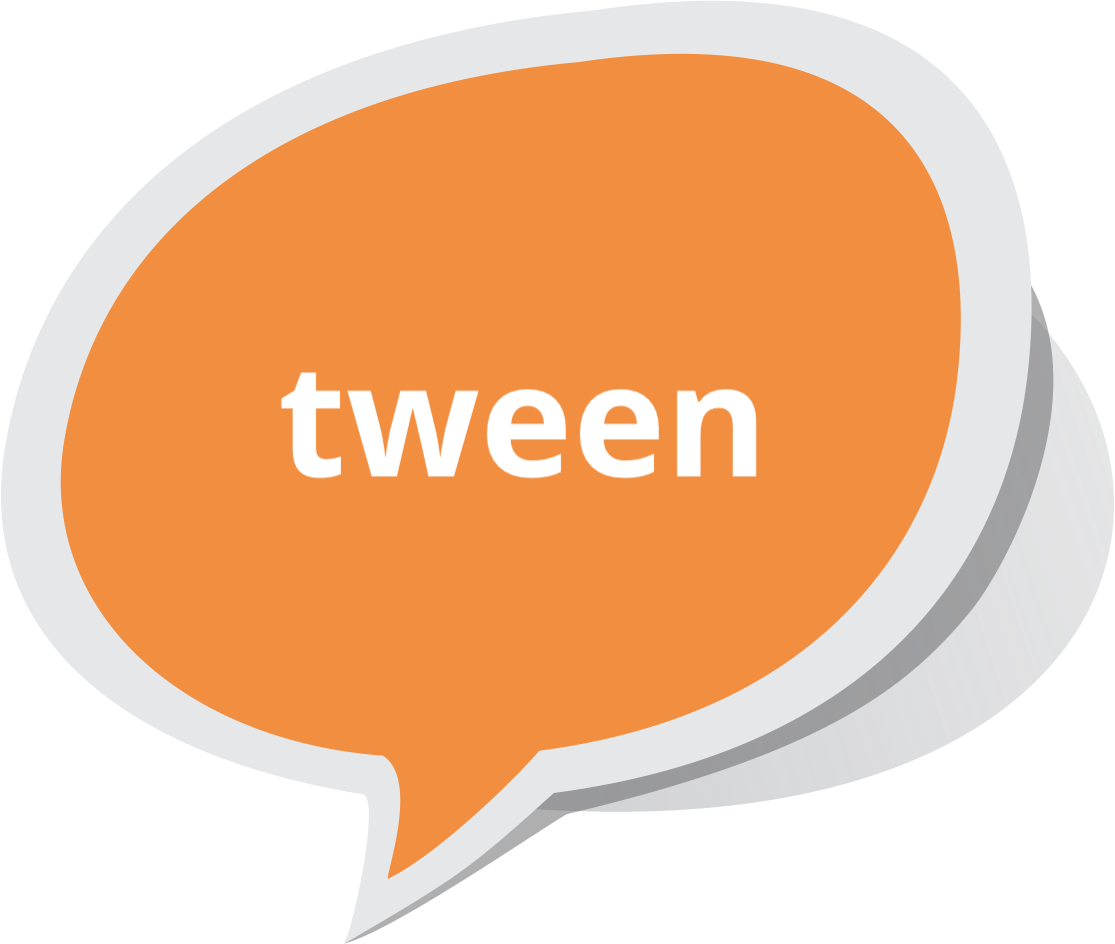Script: Body Image and Hypersexualization

“I guess so.”


“It’s not unrealistic. It’s just what everyone expects you to look like!”


“I just hate looking like a little kid. My friends all seem so much older than me, and I’m not growing at all!”


Empathize with your tween’s conflicting feelings about body image: “It can be frustrating when your body is not changing at the same rate as your friends’. Everybody is changing, and everybody is different. It never feels good to be left out of the group.”
“Yeah, they are getting all of the attention.”


“I know, but it still doesn’t make me feel better.”


“Yeah, when I try to wear clothes that don’t fit anymore, that makes me feel worse.”


responding to resistance from tweens


“That is all you ever say…you will grow into your body. You don’t know anything!”


Try not to get into an argument if your tween is frustrated and feeling low. Focus instead on your goal – to help him or her understand and accept body changes. Empathize with your tween’s conflicting feelings about their body image: “It can be frustrating when your body is not changing at the same rate as your friends’. Everyone grows at different rates. You are in a period when there are a lot of changes taking place and some will be more noticeable than others. Just like no two people have exactly the same shape ears or nose, no two people grow and develop at the same rate or in the same way.”
“Seriously?”


“Yeah, when I try to wear clothes that don’t fit anymore, that makes me feel bad.”

